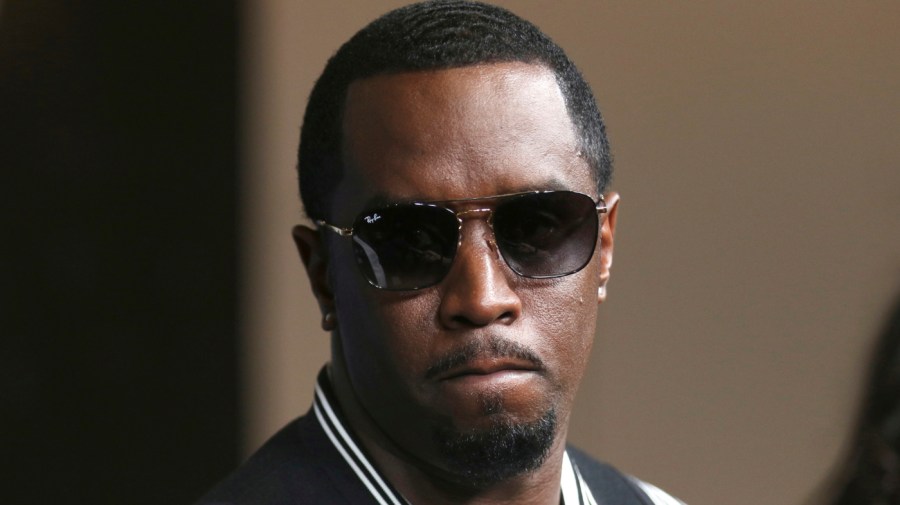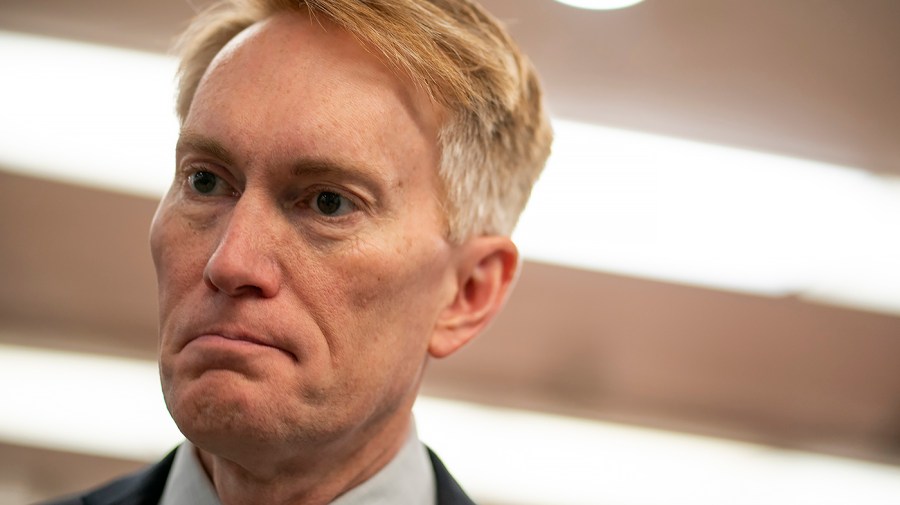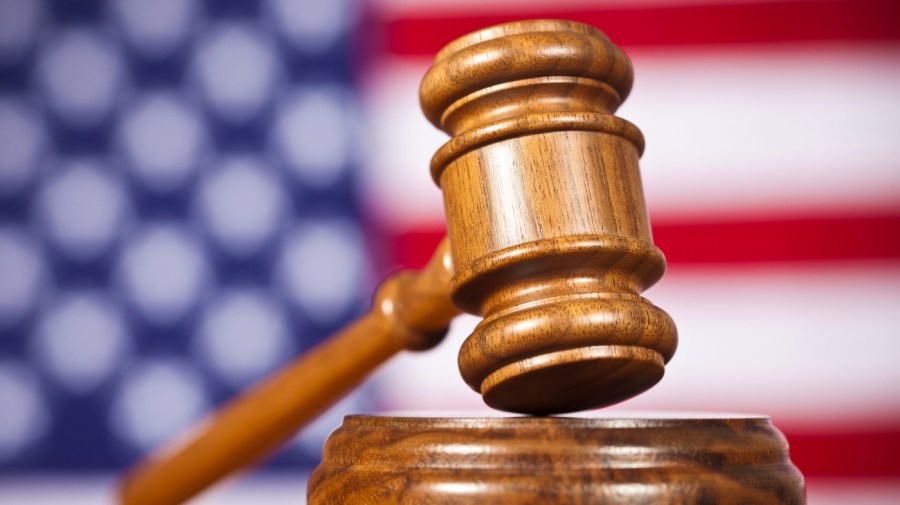In a culture increasingly distorted by manosphere ideology, Sean “Diddy” Combs’s acquittal on racketeering and sex trafficking charges has become a cause celebre that glamorizes male power and excuses violence against women.
His sentencing, 50 months for transporting individuals across state lines for commercial sex, is a significant reprieve from the potential life sentences he could have received for sex trafficking. This coincides with alarming revelations about Jeffrey Epstein’s network, consisting of luminaries in business, finance and government.
In both cases, a disturbing number of men seemed to view the sexual violation of women as an essential perk in their positions of authority.
This lionization of sexual abuse by powerful men is not happenstance, but is a byproduct of a hypermasculine culture that extolls entitlement to women’s bodies. In this environment, Combs’s acquittal, and the celebration that followed, boosted his street cred, with prison inmates applauding his verdict and many speculating about his comeback.
The celebration mirrors contemporaneous research. The United Nations secretary general published a report on violence against women and girls, which found that the rise of men engaging with masculinity influencers, many of whom believe that women’s equality is discriminatory against men.
A Movember Foundation study consisting of 3,000 young men between the ages of 16-25, showing that those who engaged with these influencers were less likely to prioritize their mental health and had negative views towards women. Fifty-eight percent of them believed that women should adhere to their traditional roles and 49 percent of them believed that women don’t care about men.
The jokes about acquiring girls in Epstein’s birthday book, assembled by now-convicted sex trafficker Ghislaine Maxwell over two decades ago, resonate uncomfortably with the Combs acquittal.
Epstein, resurrected in the public eye years after his arrest and controversial death, ingratiated himself with titans of industry and political leaders on both sides of the aisle, including presidents past and present.
Those social benefits netted a direct legal impact: In 2024, transcripts were released revealing that prosecutors knew Epstein sexually abused girls as young as 14 years old but proceeded with a sweetheart plea deal enabling him to continue his predatory acts.
Even in death, the urge to protect the accused pedophile and his allies continues. Epstein’s estate recently turned over a trove of documents to the House Oversight Committee, which have been released in batches, but not in their entirety.
In response to prolonged delays and institutional silence, Epstein’s victims have come forward to say that they would release their own list of Epstein’s sex buyers if the government continues to fail to deliver transparency.
We are witnessing a disturbing pattern of powerful men leveraging their status and access to exploit women and children. In Combs’s case, the evidence clearly established that Cassie Ventura and Jane Doe were physically and sexually abused, with a broad swath of individuals aware of their victimization.
While Combs has been sentenced for transporting prostituted men across state lines to engage in sex acts that both women testified were against their will, a sentence of four years and two months falls well short of the 11 years requested by prosecutors and even less than the 20 years maximum under the Mann Act.
Although the court indicated the sentence reflects the seriousness of the crimes committed against the victims, as with Epstein, this case too reveals the cost of abuse under the guise of power. The missed opportunities for accountability signal to survivors that the system will fail to protect them if they speak up, reinforcing delayed healing and disclosure.
Coming forward entails risking their own safety, reliving the pain they are trying to heal from and facing public scrutiny. Many victims are groomed into thinking that the abuse is normal, a testament to the deep psychological pain inflicted by their trafficker, which can be mistaken to be consent by outsiders.
At its core, the manosphere reinforces ideas that are harmful to both men and women. We must shift the narrative towards accountability and ask: How can we protect our children and each other, and prevent this harm in the first place?
Until we start believing survivors and enforce legal consequences for those who abuse them, the cycle will continue.
Lori L. Cohen is chief executive officer of Protect All Children from Trafficking, an organization to raise awareness about child sex trafficking and exploitation, and an attorney with two decades of experience representing human trafficking survivors.














